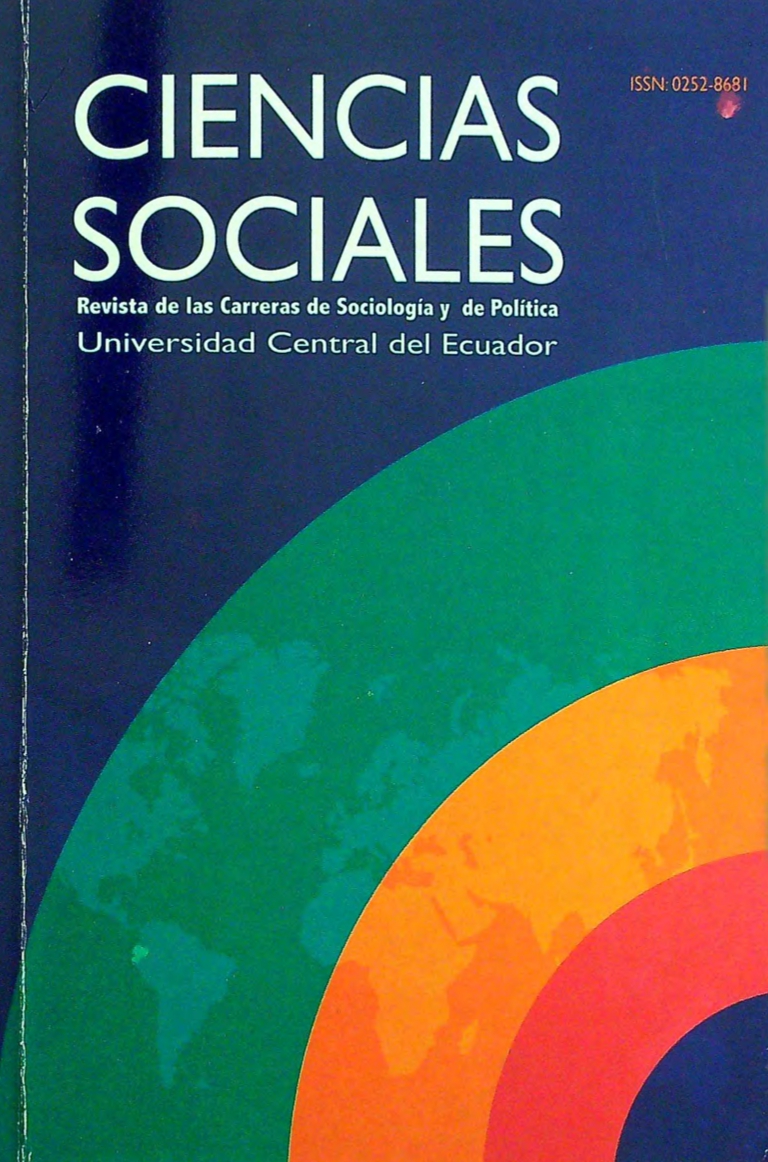HACIA UN APRENDIZAJE LIBERADOR
Keywords:
innovation, learning to learn, emotions, to delegate, theatre, artAbstract
When we speak of innovation we are necessarily speaking of a new educacional paradigm. This is a humanizing pedagogical proposal that is contained within larger perspectives of a coherent social and cultural transformation: more humane and based on the principies of solidarity and liberation. The motto of doing based on the capacities of feeling and thinking compose a unity that prometes the sensible, intellectual, and psico-physical production. Emotions are, therefore, part of the central axis within which the process of learning and of "learning to learn" since the ultimate objective of any educacional process aims for the construction of human relations and linkages founded upon trust. To reach dialogue between professors and students so as to achieve authentic participation in the creation of new forms of knowledge is necessary to catalyze a conversation between existing formal structures and
its rupture; only in chis way we can aspire to find that which remains invisible for both parts and to achieve the building of a living culture, always open to dialogue. Learning requires a process of liberating students. The capacity shown by the arts in achieving self-transformation which changing the world around is undeniable and potent since it speask from the position of "I think" but overall from that of "I feel" and as a consequence from the point of view of "I do." When we say "I do" we are assuming the challenges entailed in
taking decisions that have been thought through as well as heartfelt. Many
times this will have to entail long-term commitments, often life-term commitments.
Downloads
Downloads
Published
How to Cite
Issue
Section
License

This work is licensed under a Creative Commons Attribution-NonCommercial 4.0 International License.
Política de acceso abierto
La revista Ciencias Sociales adhiere al modelo Acceso Abierto en el que los contenidos de las publicaciones científicas se encuentran disponibles a texto completo libre y gratuito en Internet, sin embargos temporales, y cuyos costos de producción editorial no son transferidos a los/las autores/as.
En ese sentido, no existe costo alguno para los/as autores/as en el envío o durante el proceso editorial, defendiendo el derecho a la información con equidad e iguales oportunidades de acceso.
Licencia y derechos de autor/a
Los autores conservan todos los derechos de publicación del artículo y conceden a la Revista Ciencias Sociales una licencia no exclusiva, intrasferible y sin regalías por duración ilimitada para su reproducción, distribución y comunicación pública a nivel mundial bajo una Licencia Creative Commons Atribución 4.0 Internacional (CC BY NC 4.0)


